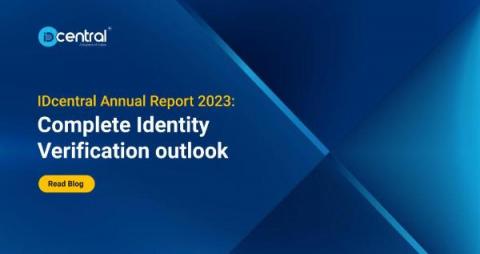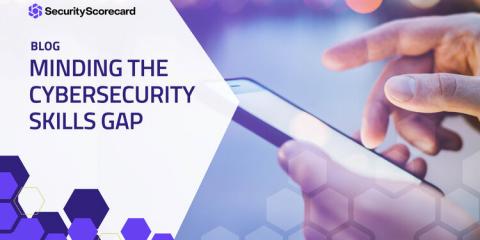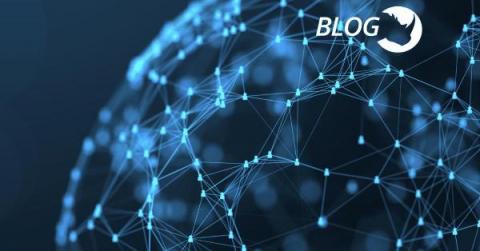Security | Threat Detection | Cyberattacks | DevSecOps | Compliance
Security
Five reasons why Cybersecurity training is important in 2023
The content of this post is solely the responsibility of the author. AT&T does not adopt or endorse any of the views, positions, or information provided by the author in this article. The digital world is ever-expanding in scope and influence, both in personal and professional matters. In the last few years, business operations have become increasingly dependent on technology, and on employees to use that technology safely.
IDcentral Annual Report 2023: Complete Identity Verification Outlook
When someone impersonates you by exploiting your personal information to perpetrate fraud or gain other financial advantages, this is known as identity theft or identity fraud. Your personally identifiable information includes your name, residence address, email ID, login and passwords, Social Security number, driver’s license number, passport number, or bank number.
How to Reduce Your Attack Surface With Secure Password Management
Getting hold of a set of working login credentials is the simplest way for a cybercriminal to breach any network, which is why employee passwords are so highly sought-after by threat actors. Thanks to cloud computing, smart devices, mobility and the rise of remote work, organizations have more people and devices connecting to their networks, from more locations, than ever before.
Make Zero Trust Data Access Your New Year's Resolution
Minding the Cybersecurity Skills Gap
It’s estimated that 63.5 percent of the world’s total population—or 5.07 billion people—uses the Internet today, with a projected 30.9 billion devices connected to the Internet by 2025. (This means even more proving to CAPTCHAs that we’re not robots–good luck picking out all the fire hydrants in the grids!) With more people working from home, combined with a greater reliance on cloud services and ecommerce, the potential for cyberattacks has never been higher.
How Scammers Are Impersonating Singapore Post and Singtel With Phishing Messages
Throughout 2022, threat actors have been masquerading as the postal service Singapore Post (SingPost) and one of Singapore’s leading telecommunications companies Singtel. Victims are being targeted by phishing emails that appear to be from Singapore Post or Singtel. In these emails, users were sent messages informing them of fake billing issues or outstanding payments with links to fraudulent websites that asked for their personal information.
Avoid a Meltdown by Modernizing IT Security
Over the winter holidays, Southwest Airlines, one of the U.S.’ largest and most reputable airlines was forced to cancel around 45% of its scheduled flights. It’s difficult to pinpoint the exact reason for this meltdown, but in my opinion this is likely due to outdated infrastructure and IT systems. Other airlines also had to deal with bad weather and holiday traffic, but were not faced with the same level of disruption.
Breach Bulletin: The most important data breaches from December 2022
It’s rare that a week goes by without at least one data breach making the news. Criminals are targeting companies of all sizes to see if they can slip past their digital defenses and steal confidential data.
Is Cybersecurity Automation on Your List of New Year's Resolutions? 6 Tips to Help
Every year, millions of people make New Year’s resolutions, both personally and professionally, and we all know how difficult resolutions can be to keep. One of the top workplace resolutions cybersecurity professionals are making this year is to pursue security automation initiatives.











